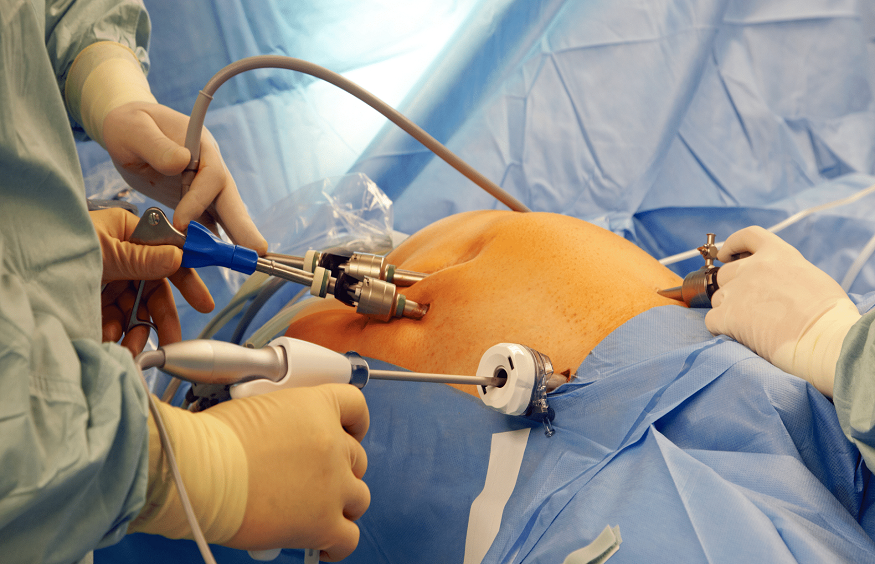The heart is the most vital organ in our body, and one that we cannot live without. Heart surgery has been a life-saving procedure for many individuals suffering from various cardiac diseases, providing them with a new lease on life. However, this complex medical intervention comes with significant ethical challenges that need to be addressed by healthcare professionals and society as a whole. In this blog post, we will delve into the world of heart surgery and explore some of the ethical dilemmas surrounding it. So buckle up and get ready to learn about this critical aspect of modern medicine!
The Heart Transplantation Procedure
The heart transplantation procedure is a complex and intricate surgery that involves removing the damaged or diseased heart of a patient and replacing it with a healthy one from an organ donor. This life-saving procedure has revolutionized modern medicine, allowing patients suffering from severe heart disease to extend their lifespans and improve their quality of life.
Before undergoing this surgery, patients must undergo extensive testing to ensure they are eligible for the transplant. The waiting list for donor hearts can be long, so prioritization is given to those in most need.
During the actual surgery, the patient’s chest is opened up and their old heart removed. The new heart is then placed into position and carefully connected to all necessary blood vessels. Post-surgery care includes close monitoring by medical professionals as well as medication regimes aimed at preventing rejection of the transplanted organ.
While this procedure offers hope for many patients with severe cardiac issues, there are also ethical considerations surrounding organ donation and allocation. These challenges highlight the importance of registering as an organ donor and ensuring fair distribution practices within healthcare systems worldwide.
Some of the challenges include issues surrounding informed consent, allocation of resources, and end-of-life decision-making. For more information, connect with heart surgeons in Punjab at Amar Hospital.
The Ethical Challenges of Heart Surgery
Heart surgery is a complex medical procedure that involves ethical challenges for both the patient and the healthcare professionals. One of the main dilemmas in heart surgery is deciding who gets priority for transplantation. The limited availability of donor hearts means that there must be a fair and just method to allocate them.
Another challenge is obtaining informed consent from patients. Heart surgery carries significant risks, including complications such as infections, bleeding, or even death. It’s crucial that patients have all the necessary information before making their decision to undergo this type of procedure.
Moreover, there are also potential conflicts between the surgeon’s duty to save lives and respect for autonomy. Medical professionals may face situations where they need to decide whether it’s ethically appropriate to perform heart surgery on someone with poor prognosis or quality of life.
Furthermore, another issue arises when considering financial constraints and access to healthcare services. Accessible care should not be dictated by insurance companies’ economic interests but rather based on clinical needs.
Heart surgery presents several ethical challenges involving allocation prioritization, informed consent procedures, balancing competing duties like saving lives while respecting autonomy and ensuring equitable access regardless of finances or other discriminating factors. These issues require careful consideration by all parties involved in providing these critical services so that ultimately positive outcomes can prevail over any dilemma faced during treatment decisions made regarding cardiac management through surgical interventions.
Balancing these challenges require collaboration between healthcare professionals, patients, and families to ensure that the patient’s best interests are always prioritized.
The Potential Benefits of Heart Surgery
Heart surgery can be a life-changing procedure for those who suffer from heart disease or other cardiac conditions. The potential benefits of heart surgery are numerous and can greatly improve the quality of life for patients.
One main benefit is an improved ability to perform physical activities. Patients who undergo successful heart surgery often report feeling less shortness of breath and fatigue during exercise, allowing them to participate in activities they were unable to before the operation.
Another potential benefit is an increased lifespan. For example, a patient with severe coronary artery disease may have a significantly higher risk of death without surgical intervention. Heart surgery can reduce this risk, giving patients more time with their loved ones.
In addition, some types of heart surgeries can alleviate symptoms such as chest pain or palpitations which greatly affect the daily lives of patients. This relief allows them to focus on enjoying their favorite activities and spending time with loved ones instead of being preoccupied with managing symptoms.
While there are risks associated with any surgical procedure, the potential benefits that come from having a healthy functioning heart make it worth considering for many patients suffering from cardiac issues.
Conclusion
Heart surgery is a complex medical procedure that comes with both potential benefits and risks. While it can be life-saving for patients suffering from serious heart conditions, it also poses ethical challenges for healthcare professionals.The advancements in technology have brought many promising developments in heart surgeries but still face significant ethical dilemmas. It’s imperative that we keep exploring new techniques while maintaining high standards of care and ethics in this field.




